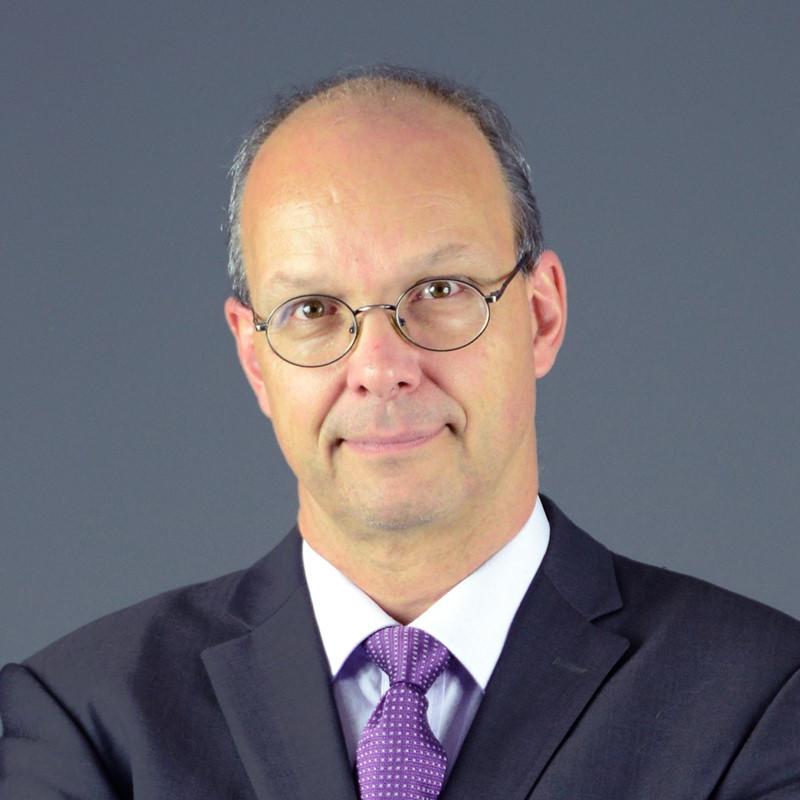Interview with Thomas Röhr from ESTA School of Business & Technology

Sustainability is becoming increasingly vital, educational institutions play a crucial role in shaping the mindset of future leaders. The ESTA School of Business & Technology is at the forefront of this initiative with the launch of the SCABEE project.
In this exclusive interview, Thomas Röhr, Director of International Relations at ESTA, delves into the motivations behind SCABEE, its goals, and the innovative approaches it employs to embed sustainability into the curricula of business and engineering studies.
Discover how SCABEE is transforming education and preparing students to tackle the environmental challenges of tomorrow.
What sparked the launch of the SCABEE project, and how does it aim to integrate sustainability into the curricula of business and engineering studies?
The main trigger for the SCABEE project was the fact, that many students are not showing any awareness for sustainability. Regularly new technical equipment, new clothes, travels, … are only some of the hints confirming that. On the other hand, “green” behaviour in personal and professional situations is key if we want to save our planet. And our students today are the managers and engineers of tomorrow.
Thus, it is absolutely necessary that graduates from higher education institutions are considering the best sustainable solution automatically, and that they are aware of challenges and opportunities.
What are the main goals of the SCABEE project, and how does it plan to foster a sustainable mindset among students and future professionals?
The main goal of the SCABEE project is to raise student’s awareness through the integration of sustainability as leitmotiv in engineering and business study degrees. Teaching Case Studies have been selected as method as they can be applied to all kinds of lectures and study topics. The idea is that students face different sustainability teaching case studies during their studies and discover how sustainability and economic success can be combined.
How were partners selected for the SCABEE project, and what was the rationale behind choosing specific educational institutions or organizations as collaborators?
Two of the partners already cooperated in the previous DigiDemo-project (www.digidemo-project.eu) that had also been funded through the Erasmus+ programme of the European Union. These partners wanted to continue their successful experience; they have been the nucleus of the consortium. The two remaining partners have been selected following an application process. The aim was to bring partners together, who cover the whole product cycle, from design over production to commercialisation, and represent different European regions. The four partners fulfil these requirements.
In the SCABEE project, how do you define and utilize Sustainability Teaching Case Studies (TCS) to achieve the project’s educational objectives?
For the consortium partners, a Sustainability Teaching Case Study uses a real situation from a company to analyse, develop or suggest a solution where the decision taking process considers environmental factors. Each teaching case study will confront the students with the need to think about the environmental impact of the solution and to choose the best one within different alternatives. For sure, economic aspects shall not be neglected.
Teaching Case Studies will be shared for free with teachers from other vocational or initial education institutions to multiply the impact of the project and of the European co-funding.
Thanks to the SCABEE project, partners’ graduates as well as those from other institutions become ambassadors for more sustainable thinking and acting when they join their future companies.
The Future of Sustainable Leadership: SCABEE’s Lasting Impact
The SCABEE project exemplifies how educational institutions can lead the way in promoting sustainability and environmental responsibility. Through innovative teaching methods and strategic partnerships, ESTA School of Business & Technology is equipping students with the knowledge and skills needed to integrate sustainable practices into their future careers.
By fostering a mindset that values both economic success and environmental stewardship, SCABEE is not only preparing students to become effective professionals but also advocates for a greener, more sustainable world. As these graduates enter the workforce, they will carry forward the principles of sustainability, making a lasting impact on their industries and the planet.
